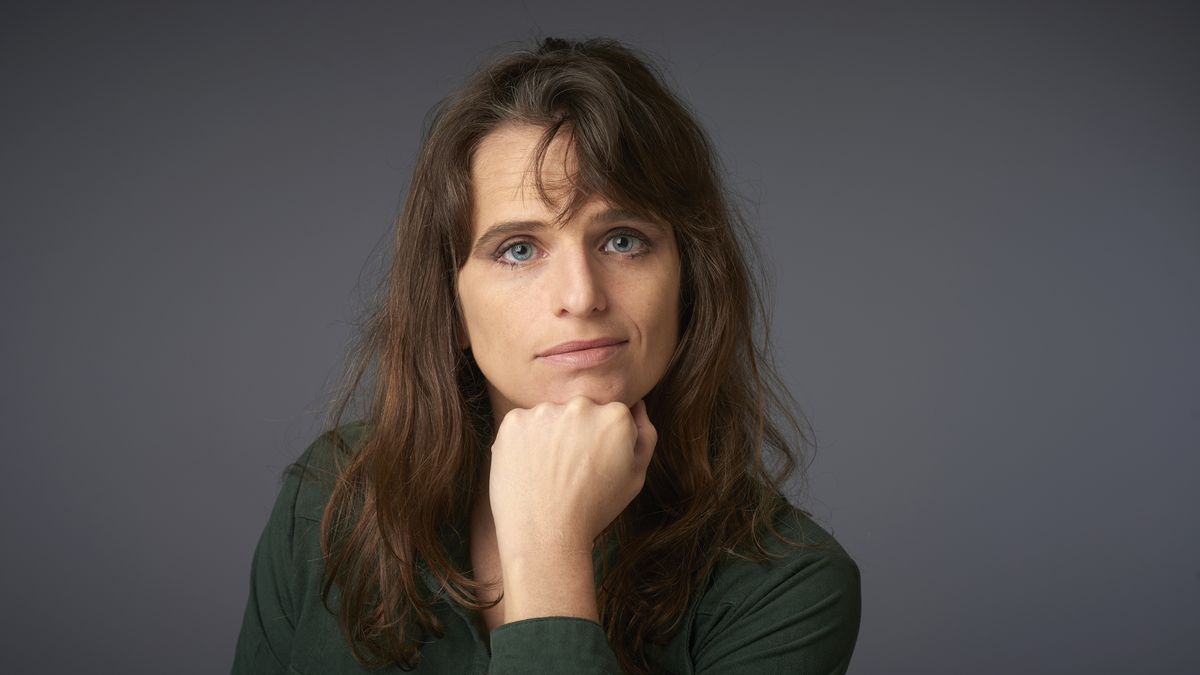Valentina, a thirty-something journalist, starts working at a television content production company. Their task is to cover with the police raids and confrontations in the hot spots, at first in the suburbs, then in the Rosario of drug trafficking. A lover of the adrenaline of martial arts since adolescence – like the author – she discovers and falls in love with the police and their world in “Diary of Rosario” (Emecé) an absolutely disruptive, provocative and controversial crime novel by Paloma Fabrykant. Investigative journalist in newspapers and magazines, Fabrykant has published the books “How to be a mother to a teenage daughter (written by a teenage daughter)” and “MMA, Mixed Martial Arts”. We dialogue with her.
Journalist: What led you to use your experiences as a journalist in risk areas to write a crime novel?
Paloma Fabrykant: Let’s take away the romanticism of the job. The novel would not exist if I had not signed a contract and a delivery date. I am not someone who sits down to write at home or in a bar to express or sublimate feelings. I never write out of desire. I have written advertising, commissioned biographies, investigative journalistic notes, I was a correspondent, and I currently write scripts for television comedy programs. I’m not one to start writing because it occurs to me. When I write I think about who I am writing it for, when they need it and what the length is.
Q: Is Valentina your alter ego?
PF: Both me as the author, and Valentina as the protagonist, have in common having to start working with the police without ever having imagined that I would get so involved and that it would touch me to the core. I come from a progressive family, exiled during the dictatorship. Since I was a child, I learned the stigmatization and fear of the uniform. When I had to start covering police operations, I did it with all the prejudices, as an adventure and because I needed the job. In the action my roles were turned. I began to meet men and women who work in the Force and to realize the problems they suffer, how they live, how they are in private, that the cops bear the ugliest part of having to maintain order.
Q: To what extent did you free Valentina to have her own voice?
PF: He is an alter ego of mine, but much wilder, without restraints, with magnified drives. It is as if he left aside the barriers, the reflections, the censures. Valentina is pure fury and desire. This makes the action run frenetically and gives the book a dizzying pace.
Q: Are Valentina’s addictions drugs, sex and adrenaline?
PF: I would put adrenaline first. He uses sex and drugs more as a release. His terrible addiction to work is stronger. She has tremendous ambition, that deep down moves her. He has a huge addiction to his ego that requires him to feel applauded, congratulated. While she is in the middle of the mud, in the most complicated and violent area of Rosario, she imagines that she is going to become Minister of Security. In reality, Valentina’s main addiction is her fantasy.
Q.: Is Valentina marked, in more ways than one, by “Anything goes”?
PF: There is a subplot in the novel about his relationship with martial arts. In one chapter he tells of his “Anything Goes” fights. What left her marked is her exclusion from the karate universe. That has to do with her addiction to being applauded, admired, patted, congratulated. By not stopping at the right moment, by going over the line, after feeling like a queen she begins to feel like an outcast. Valentina has these ups and downs all the time. That’s what marks her the most. In the “Anything Goes” confrontation, what hurts most is not having an injury but the mark of feeling like trash.
Q: How did you decide that Valentina had that language that goes without a network from educated to marginal?
PF: It has to do with my training, being a graduate of the National School of Buenos Aires, being the daughter of a writer, having read a lot, and, at the same time, with a side of mine that is also more streetwise, which has to do with the speech of the rustic people, with people with fewer resources. To this in the novel he added the police and criminal jargon, the lunfardo of before and the current ways, the slang of the different spaces. If I had not dropped out of college, today I would be a Linguist.
Q.: A journalist who has practiced martial arts since she was a child, who would have wanted to be an elite police officer or a war correspondent, is for a Hollywood action movie.
PF: Before publishing it, I sold the rights to Sebastián Schindel, director of blockbuster films such as “El Patron,” “The Wrath of God,” among others. “Diario de Rosario” came out first on Orsai, and now on Emecé. Schindel had the idea that, at this point, he would be in the middle of filming. The changes in the country made that stop. I hope you can move forward. Schindel is speaking with Kenya Films, Darin’s production company. Hopefully we’ll be filming next year.
Q.: Shouldn’t the novel be called “Diario del Conurbano y de Rosario”?
PF: Yes, although the action begins when Valentina and the cameraman Fuego settle in Rosario to document the fight against drug trafficking, there are permanent traces of their bringing in the Conurbano. That Conurbano where he discovers, falls in love and definitively changes his way of seeing the police. I wrote the novel a few years ago, when the climate of the time was different.
Q: Will there be a new Valentina diary?
PF: No, there won’t be another book like it. What there will be is another novel commissioned by Planeta, which this time will have nothing to do with either the police or journalism. In this case I handle another alter ego of mine, which is very different, it is focused on martial arts, the novel focuses on that.
Source: Ambito




